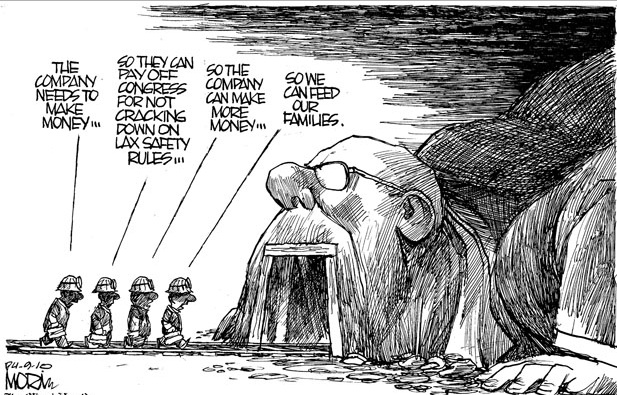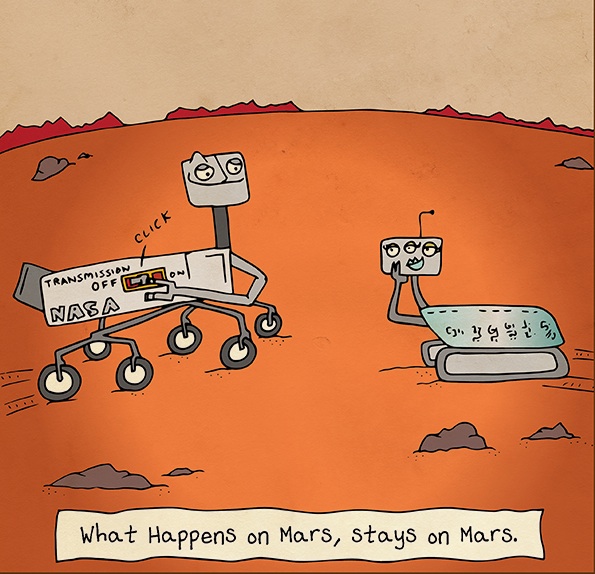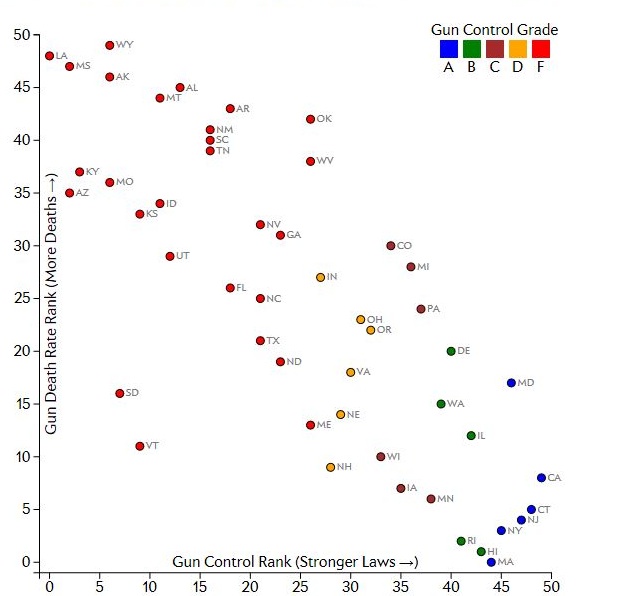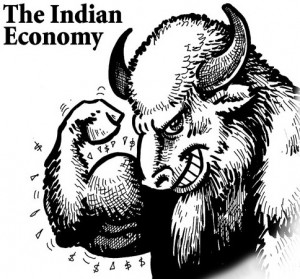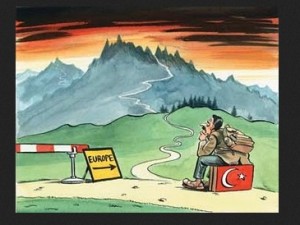Andres Velasco writes: Latin America has a new export: populist backlash. It first landed on the warm and receptive shores of the Mediterranean, nurturing support for Greece’s Syriza and Spain’s Podemos. Now it has reached the United Kingdom.
Corbynismo, the ideology of the long-marginalized British MP Jeremy Corbyn – who admired Venezuela’s late president, Hugo Chávez, thinks Vladimir Putin was justified in invading Ukraine, and now heads Britain’s venerable Labour Party – sounds familiar to anyone acquainted with Latin America.
Of course, this new populism (Hillary Clinton’s Democratic rival Bernie Sanders is also a card-carrying member) has much fodder. But being mad is not the same as being right. The new European populists are parlaying legitimate frustration into a misguided set of policies that can only produce more of the same. Latin Americans learned this the hard way in decades past. Europeans (and perhaps Americans) may be about to as well.
Three conceptual confusions cause Corbynismo to get crucial matters completely wrong.
The market for potatoes is not like the market for loans. Yes, bankers are greedy. And, yes, financial markets require close supervision and regulation. But what is true of financial markets need not be true of other markets.
Financial markets are not disciplined by the threat of bankruptcy. When banks get into trouble, governments always save them or wish they had (think Lehman Brothers). Regulation needs to provide the discipline that markets cannot.
But followers of Corbynismo are wrong to infer that the ills of financial markets infect all other markets, all the time. Countries, whether rich or poor, do not need a Potato Supervisory Board with new and enhanced regulatory powers.
It is great to be Keynesian – but during both halves of the cycle. Yes, orthodox economists of (mostly) Teutonic origin peddle a lethal fiscal-policy prescription. When the economy is booming, they claim, expenditure must be cut.. When the economy is tanking, expenditure also has to be cut in order to restore confidence and revive investment. For some European economies, this prescription has caused a needlessly long recession.
The way to render an aggressively counter-cyclical fiscal policy feasible is by relying on modern budget rules.
We did this in Chile during the copper price boom of 2006-2008, running budget surpluses of up to eight percentage points of GDP. When Wall Street melted down, we had the fiscal room to apply one of the most aggressive anti-crisis plans anywhere.
There is nothing inevitable or God-given about suffering, injustice, and inequality. That is why modern social democrats and progressive liberals are eager to right social wrongs. But effectiveness requires agnosticism about the policies required to achieve lofty ends.
Consider health care. Different things work differently in different places. Britain has a single payer and a single service provider: the National Health Service. Canada has a single public payer but mostly private providers. Obamacare establishes a public mandate to buy private insurance (with public subsidies for the poor) to finance services provided by (mostly) private hospitals and clinics.


